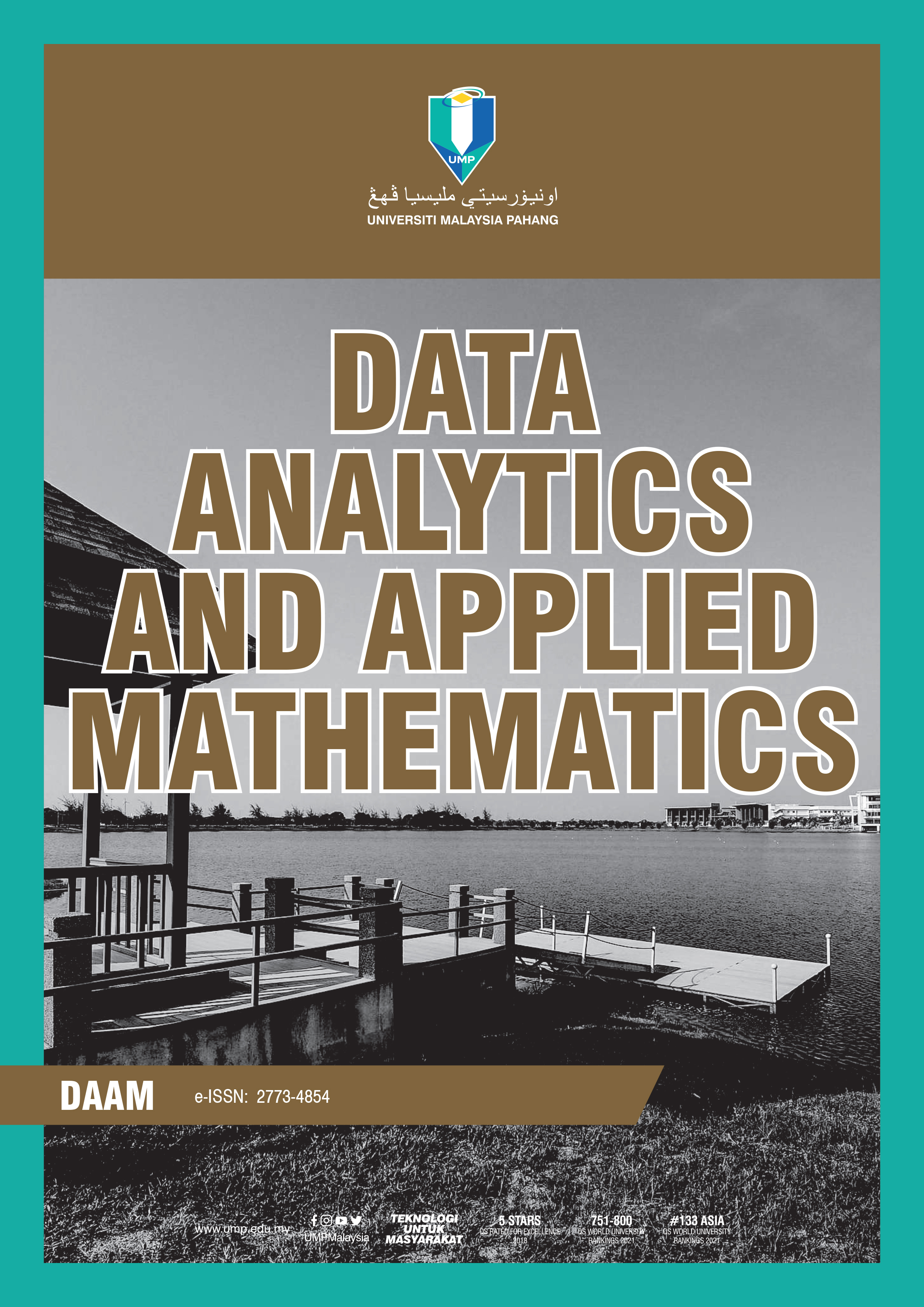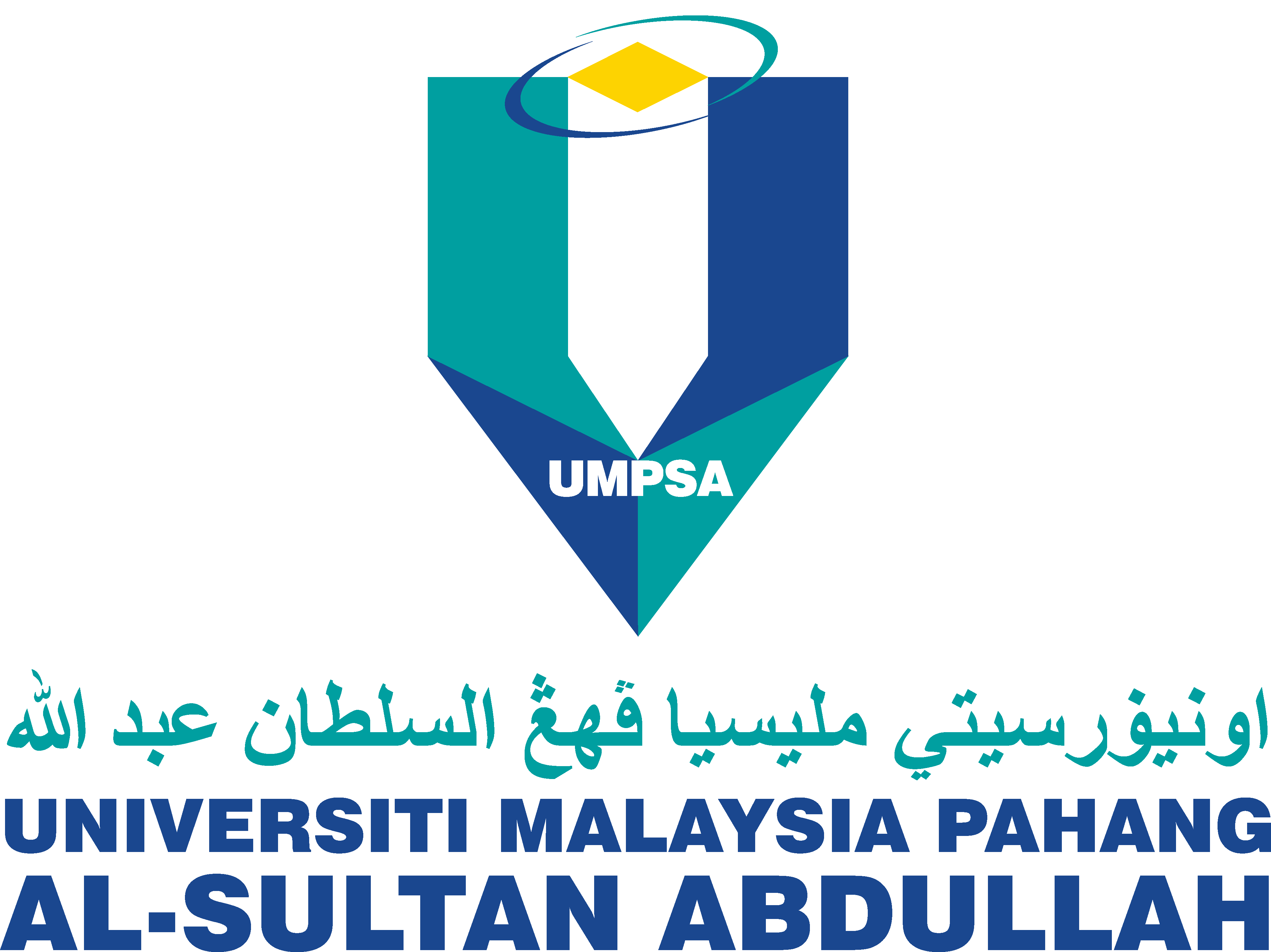Prediction of US airline passenger satisfaction using machine learning algorithms
DOI:
https://doi.org/10.15282/daam.v4i1.9071Keywords:
Machine learning, Satisfaction prediction , K-nearest neighbors, Random forest , AdaBoostAbstract
Due to the COVID-19 pandemic, the U.S. financial system and economy have also been severely affected. The U.S. airline industry has been hit particularly hard by the COVID-19 pandemic. Additionally, the aviation industry is also full of competition. One of the ways to attract customers and compete with other airline companies is by improving their service quality. Therefore, this study aims to predict the satisfaction of airlines based on the machine learning model and discover which features are more correlated with the target variable. In this study, the dataset consists of 129,880 observations and 1 target, 22 features or attributes (not including the identification). In this study, the result showed that the features that slightly correlate more with customer satisfaction are 'Online boarding', 'Inflight entertainment', 'Seat comfort', 'On-board service', 'Leg room service', 'Cleanliness', 'Flight Distance' and 'Inflight wifi service'. Then, K-Nearest Neighbors (KNN), Decision Tree Classifier (DTC), Logistic Regression (LR), Random Forest (RF), Naïve Bayes (NB) and AdaBoost were used to build the classification models. Data cleaning, exploratory data analysis, feature selection and One Hot Encoding were also performed before building the models. Finally, the models were evaluated based on their accuracy, precision, recall and F1-score. The results suggest that the champion model for this study is Random Forest, which achieved 89.20% accuracy, 93.04% precision and 88.80% F1-score. The results of this study can be used as a guide in applying machine learning to predict the satisfaction of airline passengers. This can also contribute to attracting passengers by improving the airline service quality.
Downloads
Published
Issue
Section
License
Copyright (c) 2023 Universiti Malaysia Pahang Publishing

This work is licensed under a Creative Commons Attribution-NonCommercial 4.0 International License.




